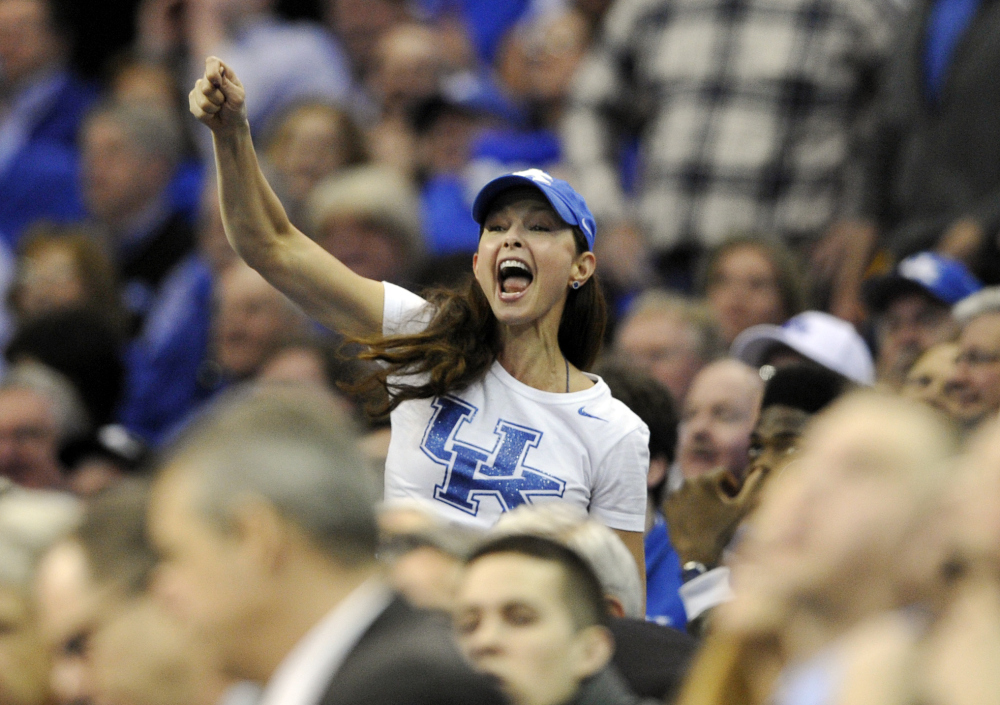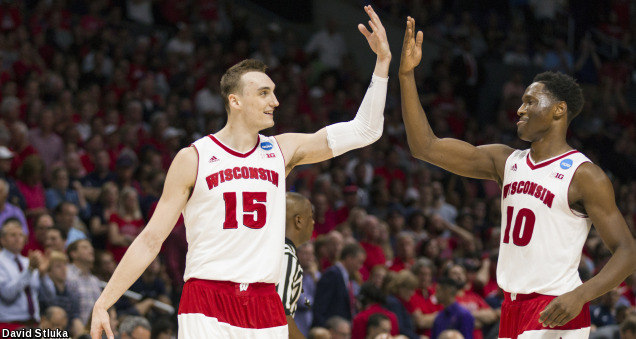On March 19, 2015, Ashley Judd published an article on the news website Mic about the threats of violence she received after tweeting about Kentucky basketball. Judd tweeted that Kentucky’s opponent was “playing dirty & can kiss my team’s free throw making a—.” In response, basketball fans called Judd a “whore,” “bitch,” and “cunt” and made threats of physical and sexual violence.
These responses are deeply problematic—not just because of their extremely violent nature, but also because they are used to target women online. Judd asserts that even when people like her uncle make similar points about Kentucky’s gameplay, he does not face threats because of his position as a “male sports fan.” Judd rightfully points out that the tweets she received represent a “devastating social norm experienced by millions of girls and women on the Internet.”
Cultural studies scholar Emma Alice Jane calls this gendered e-bile, “a hostile misogynist rhetoric on the Internet” and “a type of discourse marked by graphic threats of sexual violence, explicit ad hominem invective and unapologetic misogyny.” Like Judd, Jane points out that gendered e-bile is not unique to people who are particularly famous or controversial. Rather, these kinds of threats are widespread and common—so much so that Jane calls them “a lingua franca in many sectors of the cybersphere.”
Wisconsin fans can help make sure that this kind of thing doesn’t happen for women like Ashley Judd. As we all watch Wisconsin play in the NCAA men’s basketball championship tonight, and as we discuss their play afterwards, we must welcome the voices of women fans. We need to make sure that Badgers don’t call Ashley Judd — or women like her — a bitch for daring to talk about basketball.
If anything, this year’s Wisconsin men’s basketball team has taught us that being a Badger means staying loose, having fun, and playing good, clean games. For Badgers, those three things aren’t contradictory—they are what makes Wisconsin a winning team. And they can be what makes Badger basketball fandom the fandom that everyone else wishes they had. We all know our team is better than Duke. Let’s show them that our fans are too.
References
Jane, Emma Alice. “‘Back to the Kitchen, Cunt’: Speaking the Unspeakable about Online Misogyny.” Continuum: Journal of Media & Cultural Studies 28, no. 4 (2014): 558–70.













